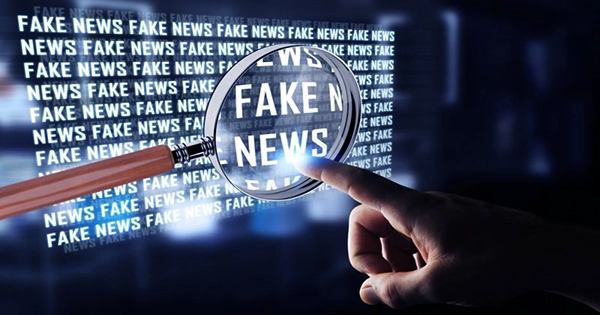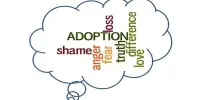After the 2016 election, the word “disinformation” became widely used in connection to state actors targeting political campaigns. Despite the government’s awareness and efforts, the threat’s nature continues to alter quicker than democracies can respond. Disinformation aimed against corporations, individuals, and governments is being propagated by state actors, financially motivated disinformation-for-hire enterprises, and ideologically motivated individuals. We expect an uptick in misinformation tactics targeting democratic institutions and private sector groups now that we are well into an election year in the United States and the geopolitical landscape is undergoing chaotic transformations.
Companies must take on today’s threat themselves if they are to maintain their capacity to function tomorrow, with regulation frozen and minimal government protection. Disinformation tactics have caused enormous harm to brand, reputation, and value in only the previous two years. In 2020, QAnon conspiracy theorists attempted to persuade customers that the online shop Wayfair was trafficking minors with its furniture delivery. QAnon earned reputation for attacking politicians with bogus charges of corruption and cruelty. Many people dismissed the accusations, but enough people believed them that they sparked boycotts, attempts to manipulate the company’s stock price, publishing actual addresses of executives’ homes and offices, and attempts to interrupt call center operations by overloading phone lines.
More recently, disinformation campaigns have attempted to manipulate consumer trust in high-tech solutions such as space technologies, electric vehicles, and vaccines by using false narratives about pharmaceutical companies, driving crypto scams and coin pumping, and leveraging false narratives about pharmaceutical companies.
For example, in 2020, our business, Alethea Group, undertook a study into whether a network run by Chinese billionaire Guo Wengui and former Trump strategist Steve Bannon was attempting to promote election speculations by influencing QAnon-related talks. However, the network did not just mention elections; it also included private firms and well-known brands, such as travel and hospitality, food and beverage, and technology.
Regulations controlling the digital world have not kept pace with the threat, and the agencies that have traditionally worked to safeguard us against disinformation now face an imbalance that is tough to overcome on their own. Government institutions typically lack the resources to fight against the whole danger picture due to a mix of legal and bureaucratic lethargy, constraints on the collecting of social media data, and a failure to create new technological solutions tailored to the threat. If businesses cannot rely on the government to protect them in the digital realm, the private sector must take the lead in safeguarding consumers, workers, and their bottom lines.
Companies can prevent malicious attempts to distort their brands, reputations, stock prices, and customer trust by developing measures to uncover fledgling misinformation campaigns before they acquire traction. There are often options to seek retribution against those conducting misinformation campaigns by exposing their efforts or taking legal action, in addition to protecting against reputational loss by implementing precise message campaigns anchored in reality. Companies can also improve situational awareness by sharing information with the government, allowing law enforcement and the intelligence community to work together within authorities to take action against individuals attempting to harm US interests.
Disinformation is a threat not only to democracy, but also to our economy. This implies that companies and people, not just government agencies, have a critical role to play in uncovering and reducing nefarious influence operations, defending themselves and their economic interests, and assisting in the defense of our society as a whole.
Companies can safeguard consumers and stockholders in ways that the government cannot, by striving to identify and expose the danger actors who are targeting them, as well as pursuing a number of remedial measures ranging from legal action to public awareness campaigns. Indeed, it will be in our joint democratic and economic interests.
















